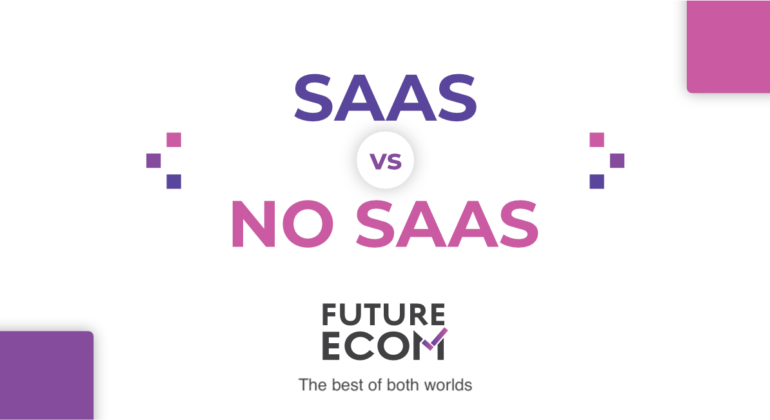What Does Bespoke Ecommerce Mean?
If an ecommerce platform claims to offer bespoke services, what exactly does it mean?
In addition to the wonderful services the platform offers, there are options for integration and customization.
In layman’s terms it means limitless customization possibilities for look and feel, extra features, and working with other tools.
What limitless customization looks like:
- Integration: if you have tools which you love using and that you don’t want to leave behind when using a new platform to create your online business, a customizable platform should be able to integrate this into the programming. The flexibility of the platform should allow for their accommodation.
- Design: If you want to bring your own UI to your ecommerce platform, a customizable one should provide you with the space to provide you with the backend engine while accommodating your preferred UI. You can build your own front end without being restricted by the platform’s templates. A customizable platform will be flexible!
- Order flow: each business has its own way of processing orders. Whether it’s needing a verification on a special product, sending out a confirmation before shipping a product, a customizable platform will allow you to integrate your own processes.
Having the ability for endless customization is what a good ecommerce platform should offer. No one business is the same, so its platform shouldn’t be restricted by rigid parameters. Partnering with a platform that has the vision and flexibility is an integral part of setting up your online business. Make sure you choose a platform that can give you the online business you want.





